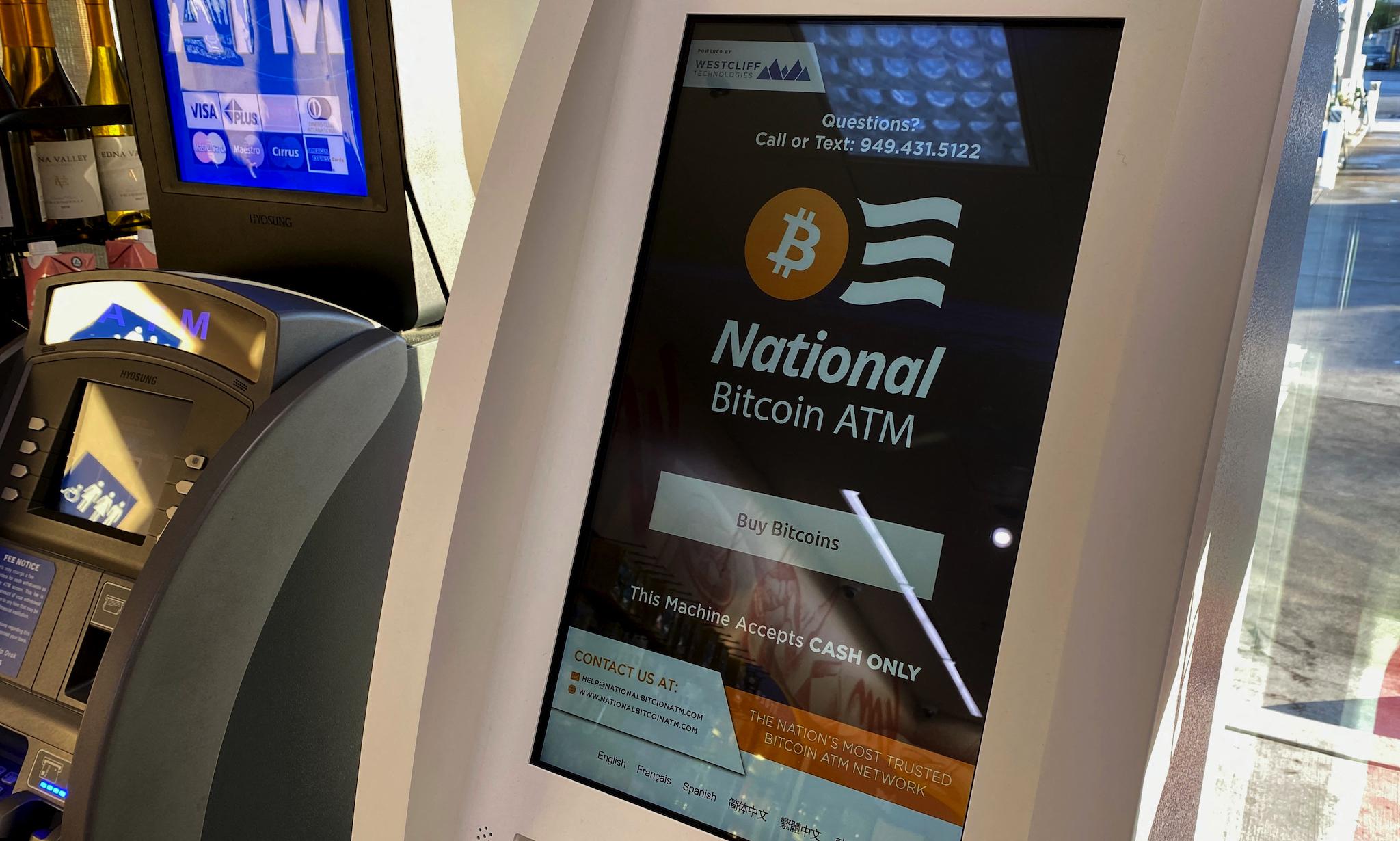Will Marijuana Legalization Survive a Trump Presidency?

In the wake of the election results numerous ballot measures went mostly unnoticed as an onslaught of dismay and joy erupted across the nation. Here in California we decided to not abolish the death penalty (but to reform the system), hike taxes on tobacco products, ban single-use plastic and paper bags, and quadruple the number of Americans that have access to marijuana.
That last statistic is not owed to California alone, as Massachusetts, Maine, and Nevada joined in for recreational usage, while citizens in Arkansas, Florida, Montana, and North Dakota legalized medical marijuana. Only Arizona failed to pass legislation this time around. As predicted, states in this longstanding fight for reform are falling like dominoes. Will a Trump-led federal government intervene?
Since California first legalized medical marijuana in 1996 the feds have essentially turned a blind eye to what states are doing. While there have been federal raids on grow houses, farms, and businesses, for the most part public will is winning. Will that change when anti-marijuana crusaders like Chris Christie and Rudy Giuliani are awarded cabinet positions? Or by a vice president who only three years ago refused to lower penalties for possession in Indiana?
Despite overwhelming evidence to the contrary, marijuana is still listed as a Schedule I substance, meaning it has no medical value. As long as this status remains marijuana reform advocates will have a hard time pegging down the federal government’s position—and businesses will always be vulnerable to sudden prosecution. This conundrum is further muddied by the fact that states are collecting tremendous tax revenues from the industry while federal restrictions do not allow marijuana companies to use banks.
One of the perceived dangers of marijuana legalization is crime, which actually increases when companies have to operate as cash-only businesses. At the moment the only industry wholly profiting is security. John Hudak writes:
A cash-only system creates a seriously risky business environment and offers bad actors opportunities for money laundering. Those risks are held in place by a government that refuses to implement a policy fix.
Not only is it illegal for banks to do business with marijuana companies, Section 280E of the Internal Revenue Code states that anyone earning income from Schedule 1 or II substances is not entitled to tax deductions even as they are required to file annual returns. Hudak states that some young businesses are experiencing tax burdens that exceed 100 percent of revenue, which is obviously unsustainable.
Just as marijuana reform has taken place under the radar of federal law, another emerging trend is offering a potential solution: bitcoin. Trees, a San Francisco bitcoin startup, projects that the marijuana industry will be worth $30 billion in just three years. It’s obscene to speculate that mainstream banks would not want a part of that, but given the bipolar relationship the federal government has created with states more innovative measures are proving necessary.
Bitcoin is generally regarded as a risky investment, though as more users worldwide trade in it the value stabilizes. The currency has seen less fluctuation each year thanks to businesses and individuals willing to take a chance. Bitcoin companies see potential in the rapidly growing marijuana industry. Oakland “cannabis industry accelerator” Gateway offers startups four-month mentoring sessions and upfront investment for six percent equity, while bitcoin debit cards and ATMs are gaining in popularity despite high fees. At this uncertain time alternative currencies are strangely providing the most stability.
In 2015 Trump said at a Nevada rally that states should have the final say in marijuana reform. He later told Bill O’Reilly that he “100 percent” supports medical marijuana while hedging on the question of recreational use due to “problems.” Christie has adamantly expressed his disdain for marijuana yet did not turn back New Jersey’s medical laws; in fact, he recently signed an assembly bill expanding PTSD patients’ rights.
Take nothing for granted with this administration. The 65 million Americans who have state-sanctioned access to marijuana face a difficult battle with politicians known to hold personal grudges: Trump and journalists; Christie and Bridgegate. Last week’s celebration is tenuous, as has been the entire process of marijuana reform in America. For now we’ll keep fingers crossed on one hand with the other ready to flush the toilet at a moment’s notice.
—
Derek Beres is working on his new book, Whole Motion: Training Your Brain and Body For Optimal Health (Carrel/Skyhorse, Spring 2017). He is based in Los Angeles. Stay in touch on Facebook and Twitter.





